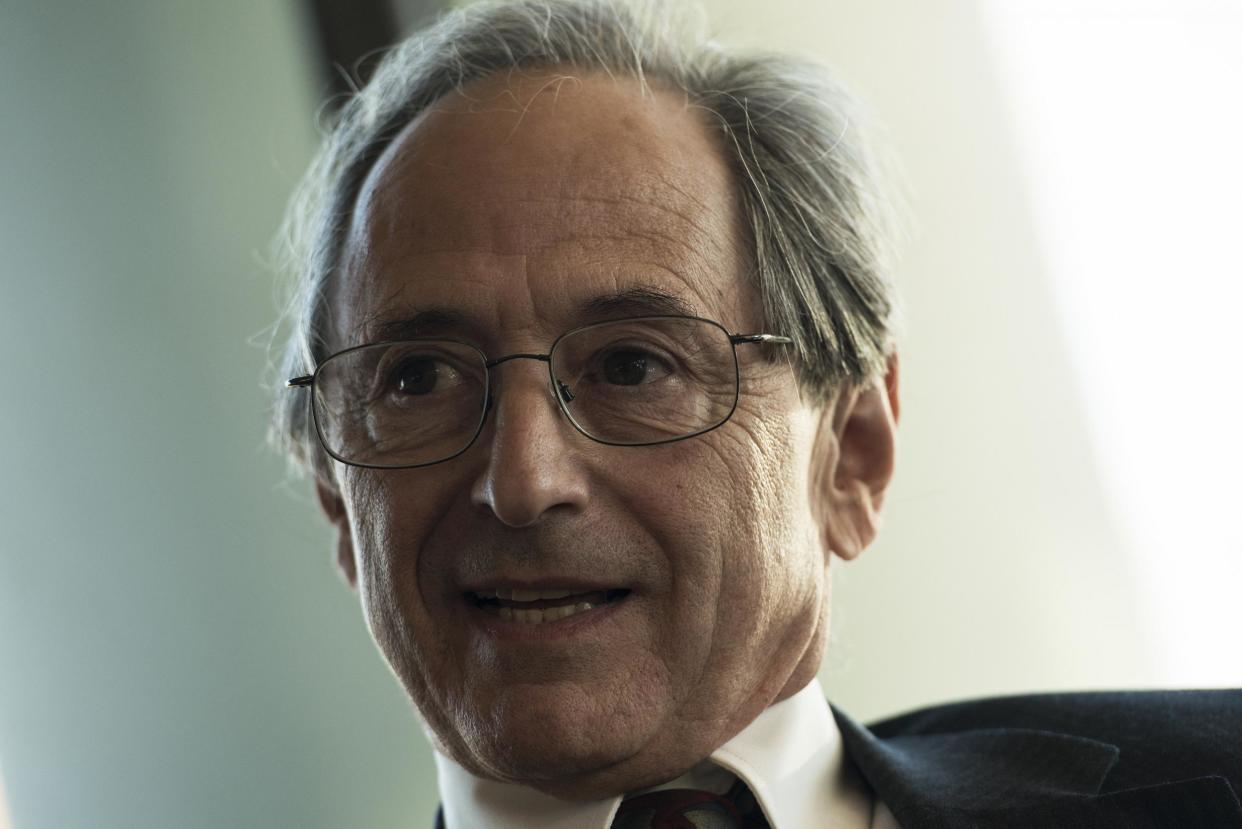Coronavirus: Nobel Prize winner predicts US will get through crisis sooner than expected

A Nobel Prize winning biology professor has provided a bit of good news amidst the coronavirus gloom; the US may see a downturn in new cases sooner than some models have predicted.
Michael Levitt, a Stanford University biology professor and a 2013 Nobel Prize winner in chemistry, said his models predict the virus is not likely to dwindle on for months or years and – most importantly – is not likely to cause millions of deaths.
Mr Levitt previously predicted – correctly – when China would experience and endure the worst of its coronavirus crisis.
Speaking with the LA Times, Mr Levitt said he wasn’t prepared to offer a specific date for the end of the coronavirus crisis in America, but said that there are “clear signs of slowed growth”.
“What we need is to control the panic … we’re going to be fine,” he said.
That was his initial concern with the United States.
“Currently, I am most worried about the US. It must isolate as many people as possible to buy time for preparations. Otherwise, it can end up in a situation where 20,000 infected people will descend on the nearest hospital at the same time and the healthcare system will collapse,” he said.
Mr Levitt said that while isolating was an important step to fighting viral spread, he also believes a certain segment of the population may be naturally immune to the disease.
“We know China was under almost complete quarantine, people only left home to do crucial shopping and avoided contact with others. In Wuhan, which had the highest number of infection cases in the Hubei province, everyone had a chance of getting infected, but only 3 percent caught it,” he said. “Even on the Diamond Princess [the quarantined cruise ship] the infection rate did not top 20 percent.”
He said those numbers suggest that some people simply are immune or especially resistant to the virus.
Mr Levitt’s predictions stand in contrast to those that suggest we may be dealing with the coronavirus for months or even years.
Read more
Coronavirus: Satellite images reveal US pollution drop
How to help the elderly and vulnerable during the coronavirus
How to feel less anxious about the coronavirus
How to be productive when working from home during coronavirus
Which countries around the world has coronavirus spread to?

 Yahoo News
Yahoo News 
